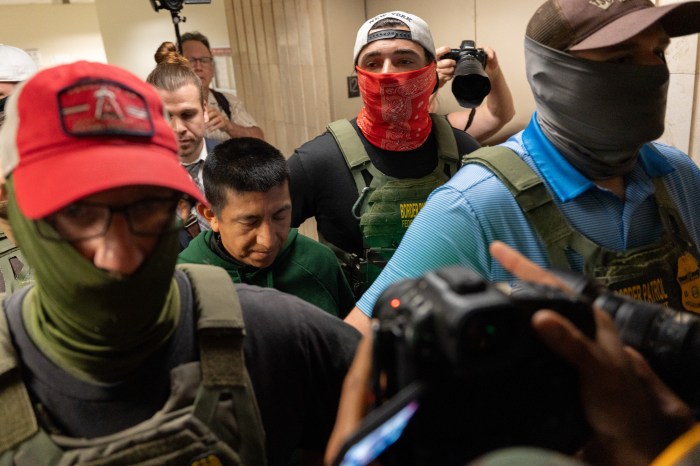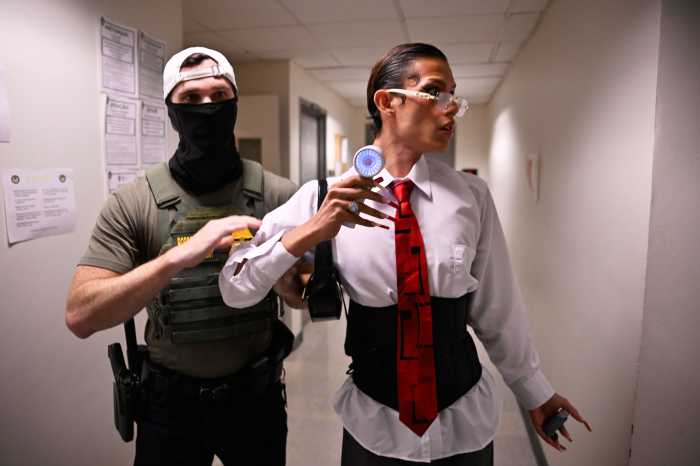One of the issues voters will be asked to decide in the Nov. 7 election is whether to hold a state constitution convention. This will be in the form of a question under proposition number one: Shall there be a convention to revise the Constitution and amend same. The state Constitution requires a vote on a convention every 20 years, so the next time voters will get another chance to make this decision will be in 2037.
Proponents argue that this will be a chance to amend and simplify the bloated and overwhelming constitution which is supposedly seven times longer than the federal constitution, and more than twice the average length of every other state constitution. Furthermore, they point out, delegates will have a chance to add items to the constitution that cover a wide spectrum of issues including more local control to cities and counties on matters ranging from deployment of traffic cameras, to being able to levy taxes or borrow money for needed projects without state approval or control.
In addition to the more glaring issues like dealing with corrupt or ineffective politicians, campaign financing, etc. the argument is also made that the convention will provide the opportunity to look at the influence of local election boards that provide for such boards to be governed by equal number of Republicans and Democrats, effectively creating a burden on smaller rivals that are not name brand, and those who choose not to belong to any political party. Suggestions have also been made about introducing a new bill of rights to the constitution, to include among other things, the right to affordable education, equitable funding for schools, and rights to clean air and water.
All the above would appear to be plausible arguments to push for a “yes” vote for the convention, but not everyone agrees that this would be a good thing for New York; organized labor and other interests for example, think it’s a bad idea. They argue that the convention would be dominated by well-funded special interests and lobbyists that would pick and choose which rights to keep and which to eliminate, and will rewrite the state constitution to benefit themselves.
Among the protected entities they fear will be modified or taken away, are public employee pensions, workers’ compensation and union representation. But the biggest expressed concern is the fear that New York could ultimately become a right –to-work state which would financially cripple unions and undercut organizing efforts.
Thankfully, regardless of what the 204 delegates may agree on and recommend for approval, no changes can occur to the constitution without statewide approval at the ballot box.
—Chester McGibbon


































